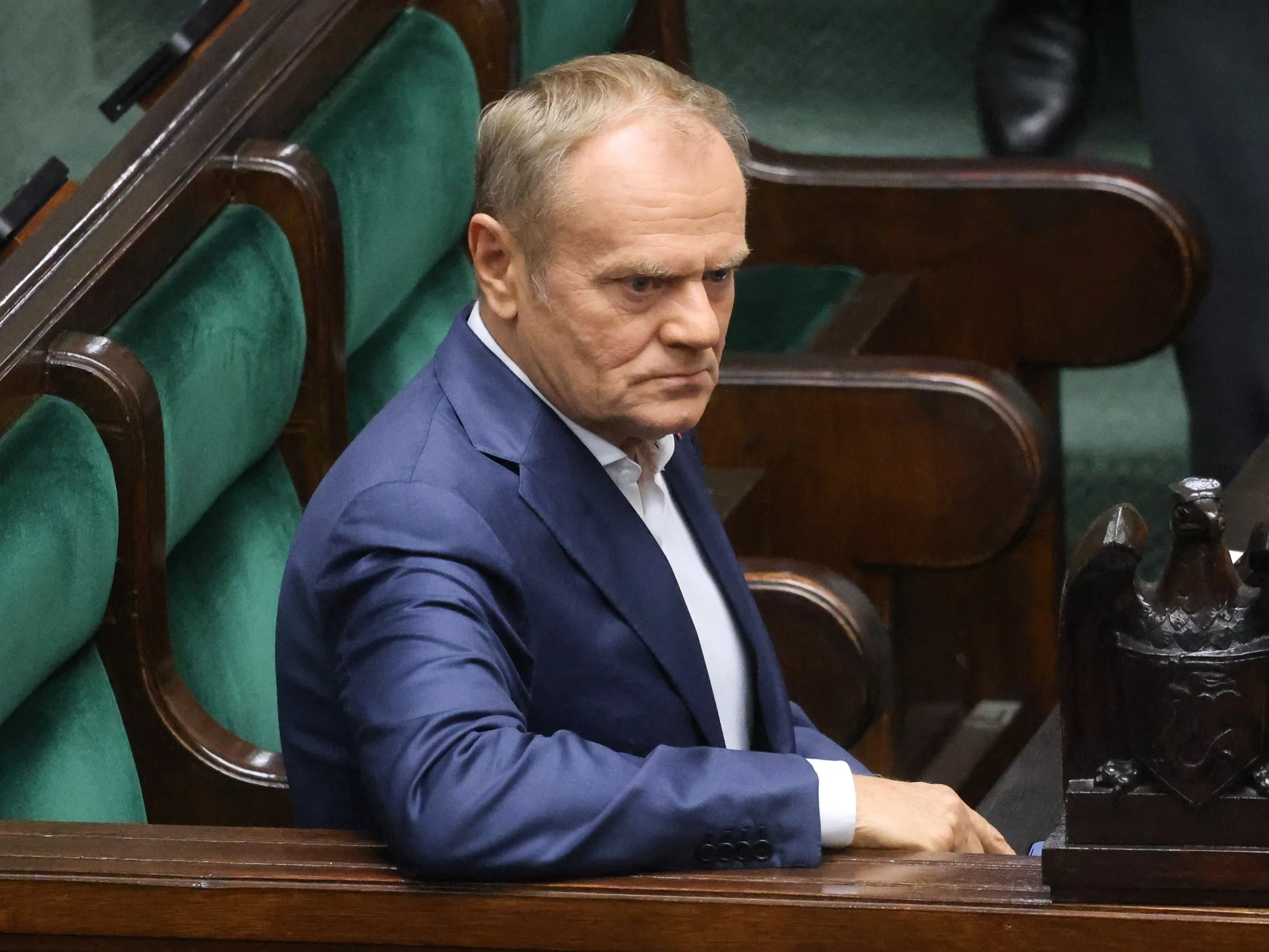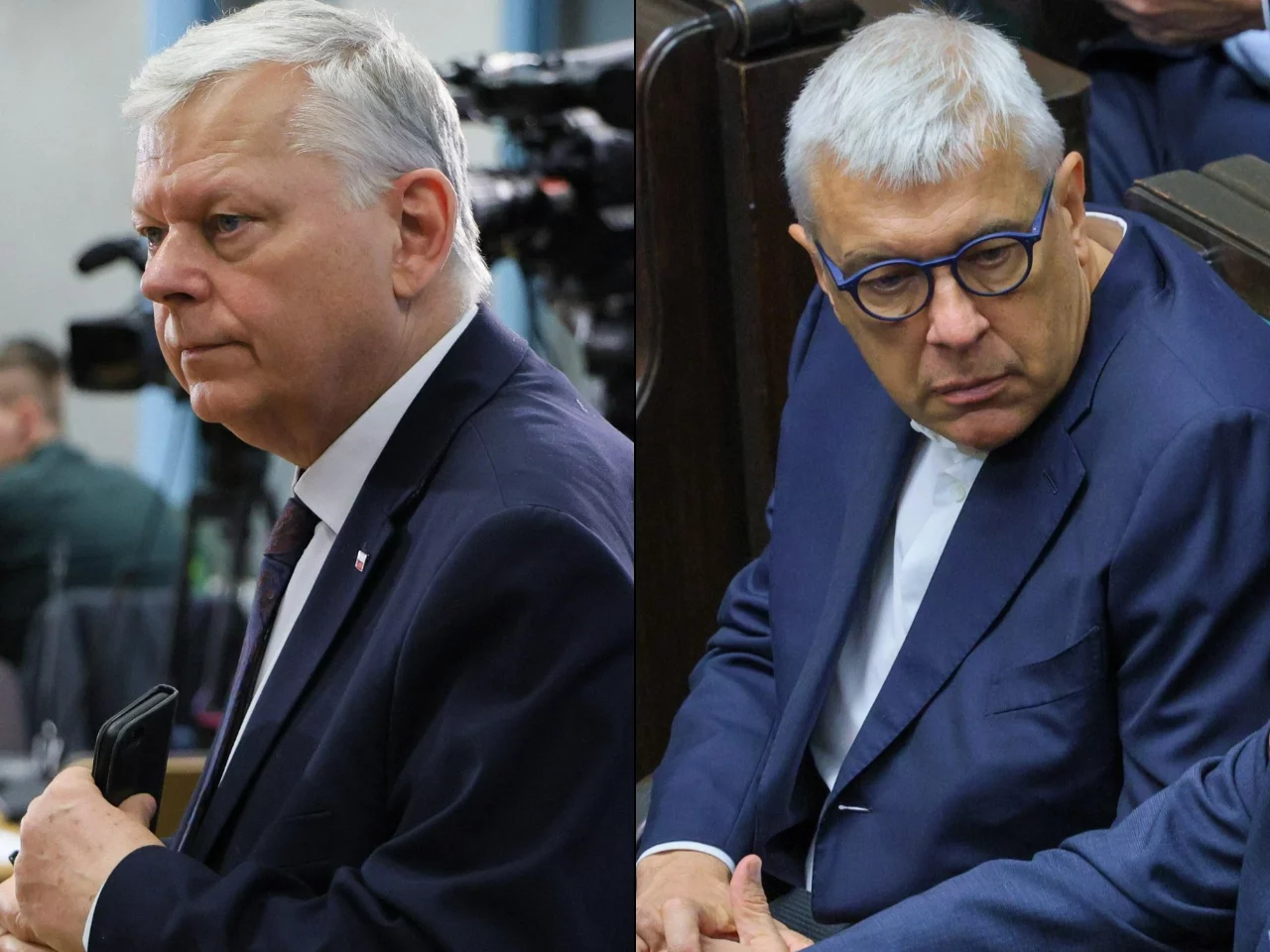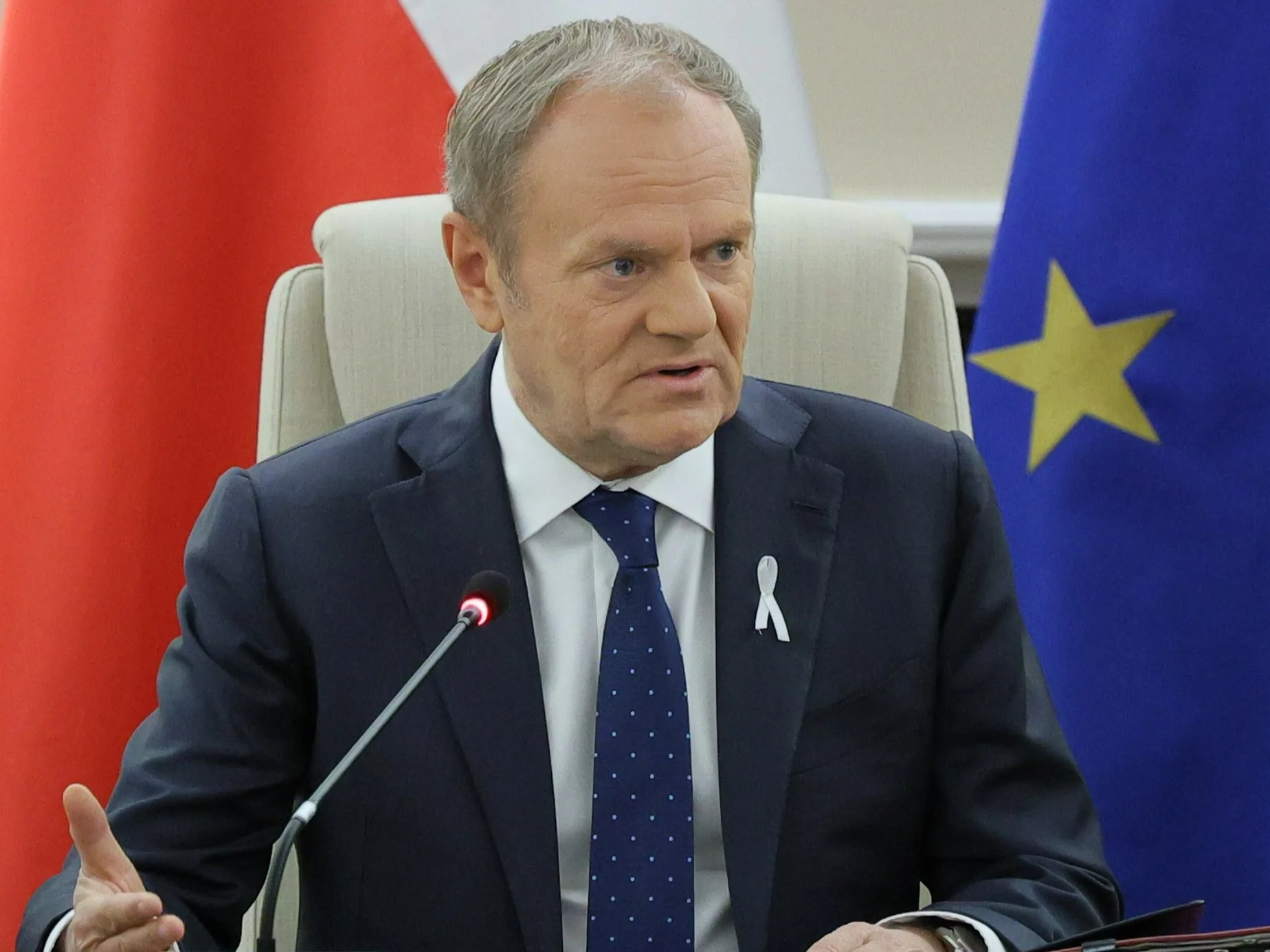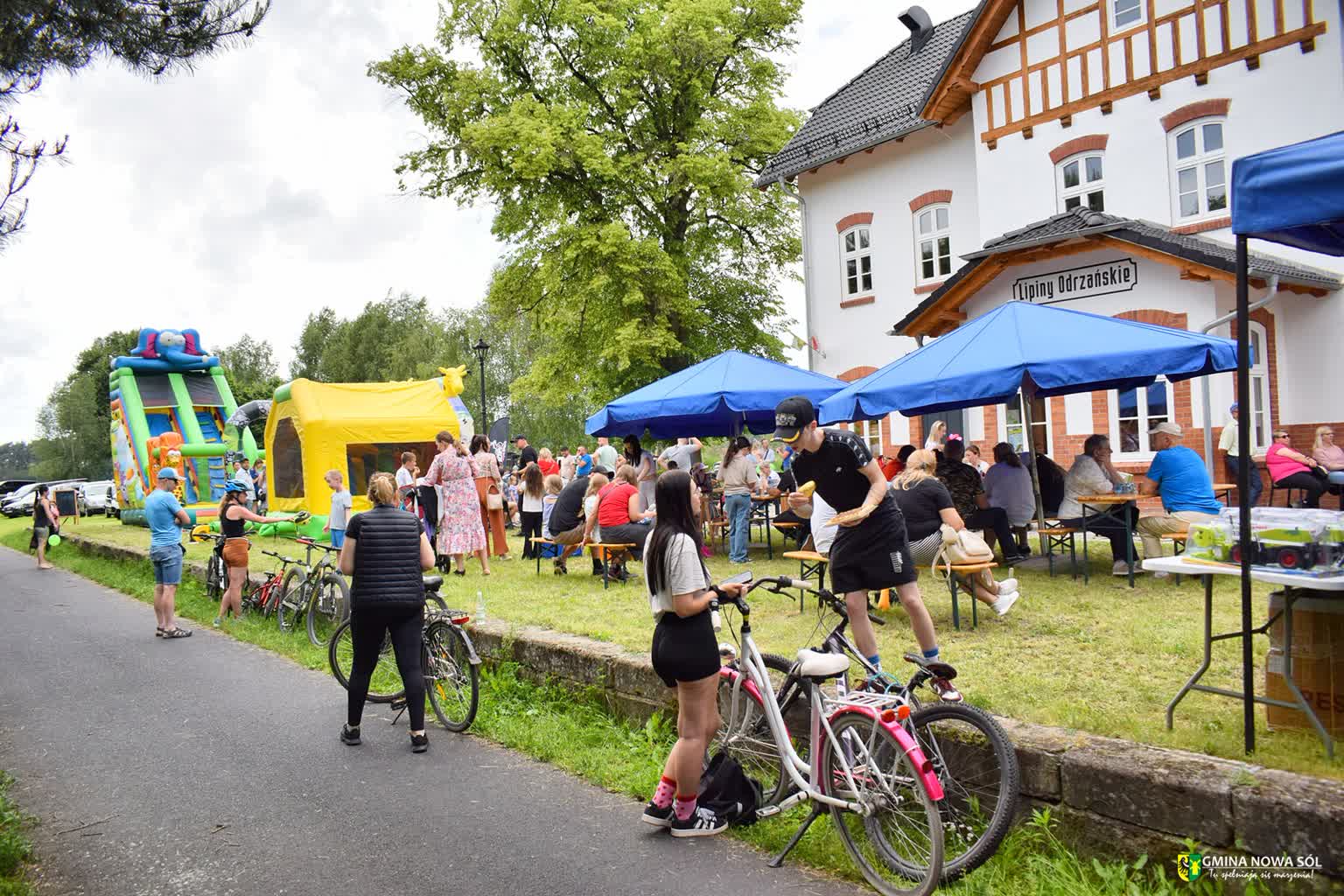
This anecdote reminded me yesterday, 1 September, on the 86th anniversary of the German invasion of Poland. It reminded me erstwhile I learned of the laying of a wreath by the German government at the memorial stone in Berlin. Yes, this is the stone that fell from the heart of Germany after Tusk renounced due Poland reparations for German crimes and looting the Second planet War period. And it was at this stone that a wreath was made on behalf of the German government by a man in short pants. I'm sorry, that emotion makes me miss words in short shorts, of course. In short shorts and a polo shirt, but with a collar, which clearly proves how much respect Germany has for us. The guy was pulling this wreath on his arm all the way, due to the fact that there's most likely no flower store close the stone, due to the fact that why would it be, after all, not flowers or wreaths are all about memory. Since the man was pulling a wreath from a distance, and the shoes had to wear suitable ones, especially since he could step on any barbed wire, which could have been close the stone due to the return to Germans robbed by Poles of the goods of their culture. It is besides worth noting that flowers were stuck in the wreath, and this is white, and this is red. It is tangible proof that the German government knew for whom this wreath, whose memory it was. After all, if they were guided solely by aesthetics and ad hoc sympathies alternatively than historical memory, they could be red flowers.
The Germans remembered, though they may not have remembered. After all, a man in this outfit could go to the pool on that hot September day, and he brought a wreath to the memorial. He could have worn a suit with a tie or a fur coat with a fly or a Wehrmacht uniform and laid wreaths from the German government at the memorial to the German victims of planet War II. He could, but he didn't. seemingly Germany respects us as much as Lenin loved children. possibly even more.
Radosław Sikorski said memorable words in 2011 that he was more afraid of German inaction than German power. And after 14 years, Sikorski found out, and with him unfortunately, all Poles found that we were not in danger of inactivity in Germany. The Germans could, especially on specified a day as September 1, show idleness, but did not show, showed power, the power of their culture.
You can see Radosław Sikorski is satisfied with the power shown by the Germans, due to the fact that on the next day, 2 September, the spokesperson of the Polish Ministry of abroad Affairs, yes, Polish and not German, justified the behaviour of the Germans. He explained that the man in short shorts was early, and then there were officials who even gave speeches at the memorial stone. But the wreath folded by a man in short shorts was not folded by any anonymous person, by any Gestapo man whose conscience abruptly moved. The sash said: “Die Bundesregierung der Bundesrepublik Deutschland“, or ‘Federal Government of the national Republic of Germany“. Just scope out to the first better dictionary to find out that "Solemn folding of wreaths is simply a form of tribute and remembrance to people, events or places of peculiar historical, patriotic or symbolic importance. It's all about that., that delegations – e.g. representatives of government, local authorities, troops, social organisations, communist or abroad visitors – in a ceremonial manner, they lay wreaths or flowers at a certain point of memory’. The folding of the wreaths shall take place as follows:
- Delegations approach a memorial or a grave individually.
- It is carried by 2 soldiers or by representatives of an institution.
- The Vienna is set at the ft of the monument, and the delegation stops in a fundamental position.
- The most common is simply a bow or a short silence.
The fact that specified things are not known by the German government is sad, but possibly not surprising. But the fact that specified conduct by the Germans is justified by the Polish Ministry of abroad Affairs is simply a disgrace and a reproach.
Mr Bogdan

Photo by tv reporter Republic of Janusz Szczytkowski











